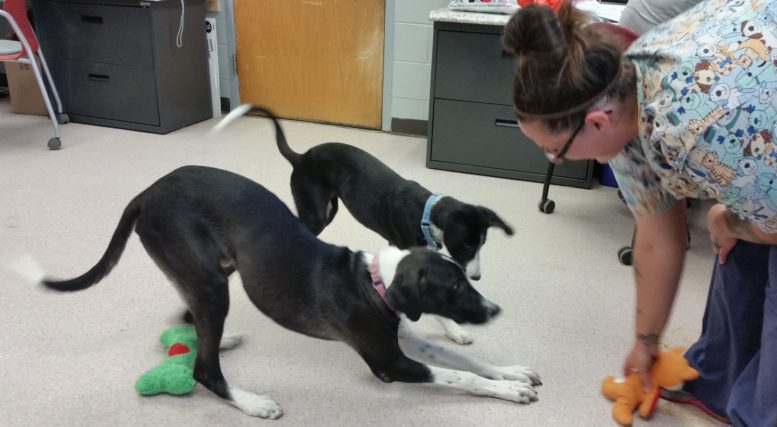The Wood County Humane Society will once again host its annual Reverse Raffle virtually this year. The event will be held via Zoom on Friday, Nov. 5, beginning at 7 p.m.
The grand prize for the raffle is $2,000.
Tickets for the event are $50/person and can be purchased at https://www.wchumane.org/event-details/2021-virtual-reverse-raffle-3 . Only 100 tickets will be drawn.
In addition to the $2,000 grand prize, the first, 99th, and every 25th ticket will win a cash prize. Tickets 1, 25, and 50 will win $50 each. Ticket 75 will win $100. And ticket 99 will win $250.
The event will also feature a variety of side games for attendees to play.
For $10, attendees can purchase a ticket to win either a cat tree or a dog-themed wreath full of Ohio lottery scratch-off tickets.
And for $20, attendees can buy into the Spin and Win game. In this game, participants’ names will be placed on a wheel and chosen at random to win a prize. Prizes range from gift certificates for massages, restaurants, and local business, to animal-themed décor/gifts and much more. All participants will win a prize.
Attendees can purchase as many tickets as they like for the side games, but all purchases must be made in advance of the Nov. 5 event.
For more information about this event, including an overview of the specific prizes that will be given away in the side games, join the “WCHS Reverse Raffle” Facebook group.
Wood County Humane Society, located in Bowling Green, is a private, non-profit, managed admission shelter providing care for homeless and abused or neglected pets.
The organization receives no funding from national humane organizations for daily operations, instead relying on earned revenue and the generosity of individual donors and businesses to fund programs such as Humane Investigations, Safe Pets, food assistance programs, low-cost spay/neuter opportunities, and educational presentations.
The WCHS provides care for over 1,000 animals each year—from dogs and cats, to the occasional pocket pet or farm animal. All animals admitted into the adoption program are housed and cared for as long as it takes to find their adoptive home.

